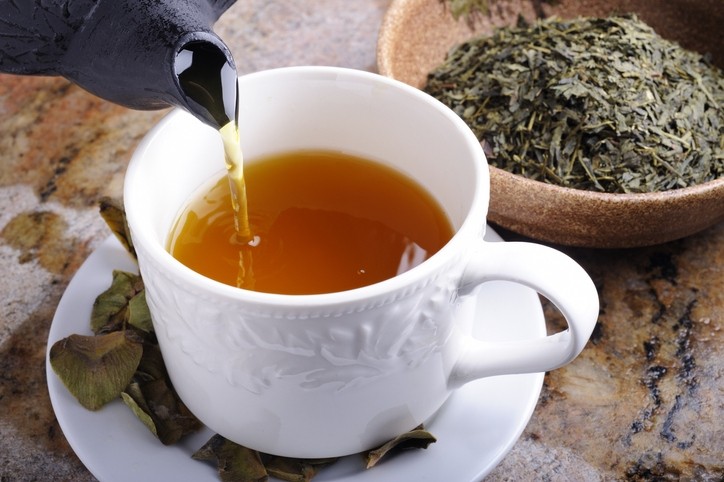No link between green tea intake and depression symptoms among Japanese working population - study

In-vivo and animal studies have demonstrated that green tea has protective effects against depression, mostly due to its polyphenols and antioxidants, which can reduce oxidative stress and inflammation.
However available data on human is inconsistent. Some cross-sectional studies described how green tea consumption was significantly associated with a decrease in depressive symptoms or psychological distress, while others observed no association.
Only one prospective study had been reported which is the Singapore Longitudinal Ageing Study, suggesting an association between green tea consumption and a decreased risk of depression after four years, although only 5% of the participants drank green tea on a daily basis.
So, researchers wanted to investigate the prospective associations between green tea consumption and depressive symptoms in a working population in Japan.
Writing in Nutrients, the researchers said: “We found no prospective associations between green tea consumption and depressive symptoms. This study provides no evidence supporting the hypothesis that greater consumption of green tea prevents depressive symptoms among Japanese.”
Sample population
This research used data from the Furukawa Nutrition and Health Study, which is a nutritional epidemiology survey that was performed as part of the Japan Epidemiology Collaboration of Occupation Health Study in workers at a manufacturing company in the prefectures of Chiba and Kanagawa in Japan. The survey was conducted at baseline (2012 to 2013) as well as at a 3-year follow-up session (2015 to 2016).
In total, 916 participants (817 men and 99 women) took part in the baseline and follow-up surveys.
Green tea consumption was evaluated with a self-administered diet history questionnaire. Participants were divided into three groups, <4 cups/week, 4 cups/week to 1 cup/day, and ≥2 cups/day.
Depression symptoms were evaluated with the Center for Epidemiologic Studies Depression (CES-D) scale. Depression was identified as a CES-D score ≥16, a score ≥23 was used to show a severe depressive state.
Of the 916 participants, 155 (16.9%) were later identified to have depressive symptoms in the follow-up survey.
Findings
Results revealed no significant association observed between green tea consumption at baseline and the occurrence of depressive symptoms three years later.
For instance, the group consuming <4 cups/week was used as the reference group had an odds ratio of 1.00. Those who consumed 4 cups/week to 1 cup/day, and ≥2 cups/day of green tea have odds ratio of 1.09 and 1.12, which meant drinking more green tea was not linked to lower depression symptoms.
“To our knowledge, this prospective study is the first to examine associations between green tea consumption and depressive symptoms in a Japanese population,” researchers said.
This study had some limitations, for instance, the CES-D scale was used to assess depressive symptoms and did not examine clinical depression. The study participants were also employees of a single company.
Hence the findings may not be applicable to clinical depression and general populations.
Source: Nutrients
https://doi.org/10.3390/nu14010167
“Green Tea Consumption and Depressive Symptoms among Japanese Workers: The Furukawa Nutrition and Health Study”
Authors: Akiko Nanri, et al.



















